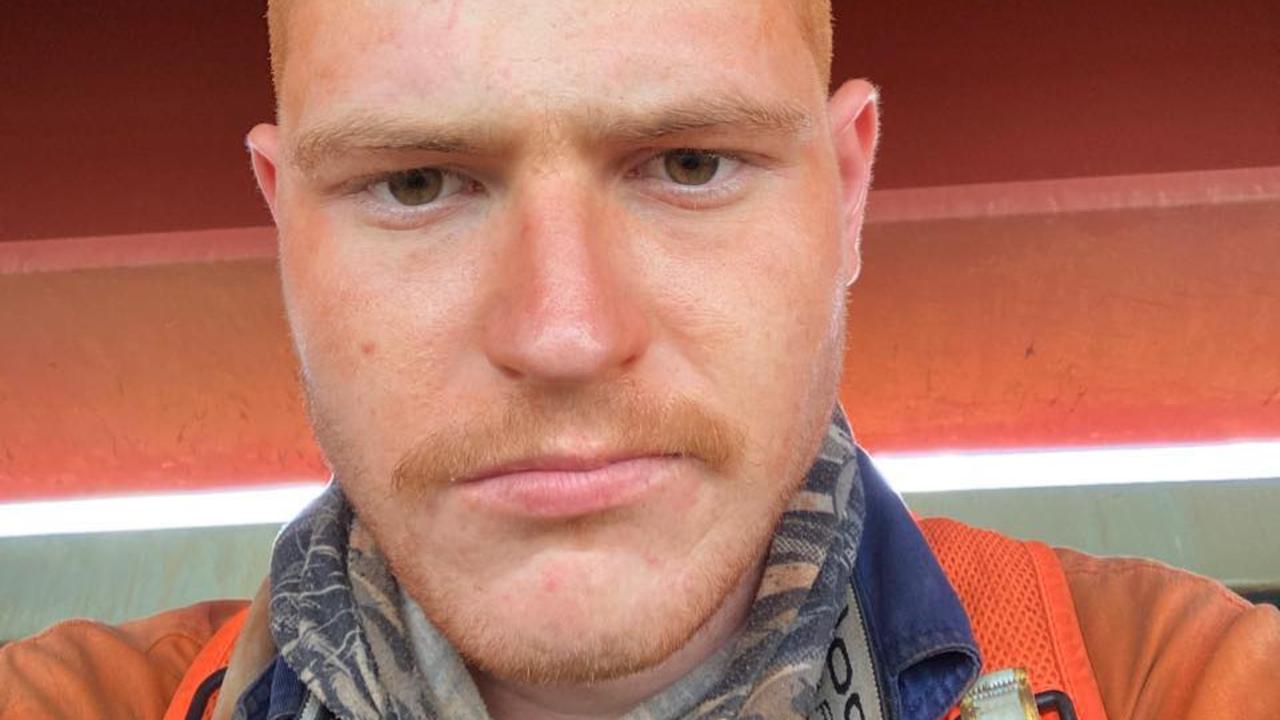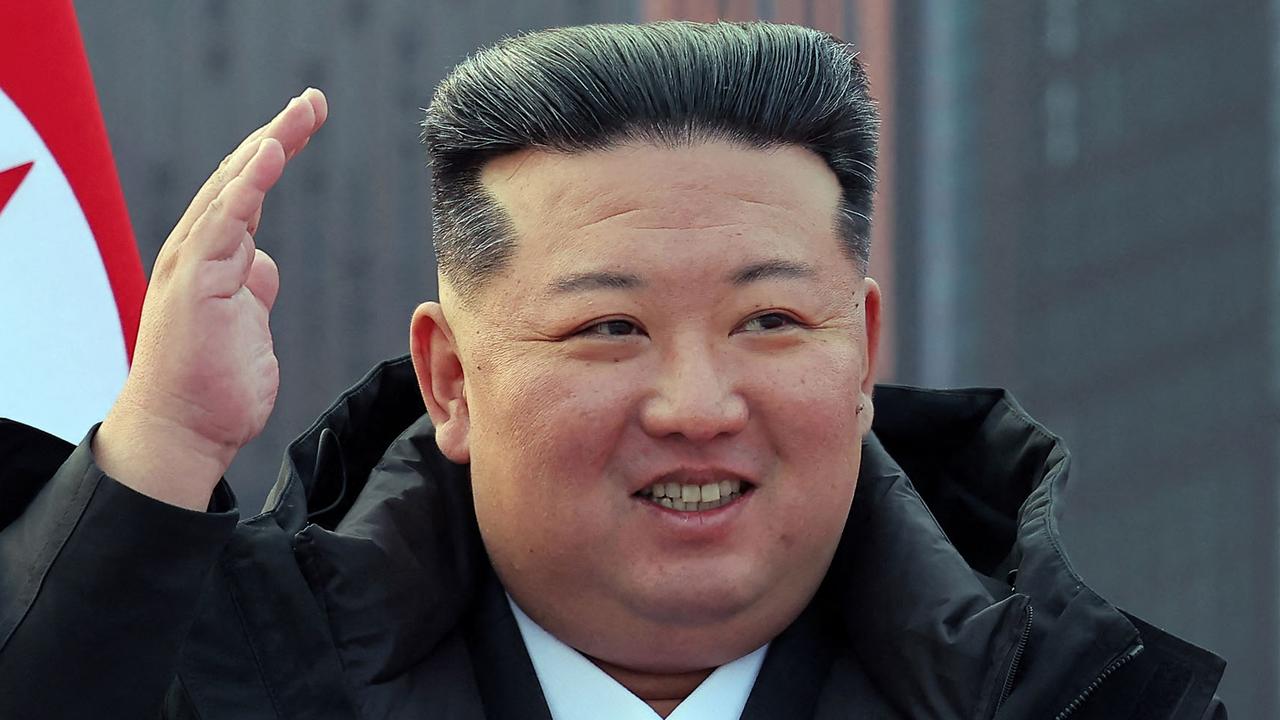Former Wagner leader Yevgeny Prigozhin’s fortune to be passed down to 25-year-old son
A newly leaked document has revealed the scale of Yevgeny Prigozhin’s wealth being left to his young son, with analysts warning trouble is brewing.
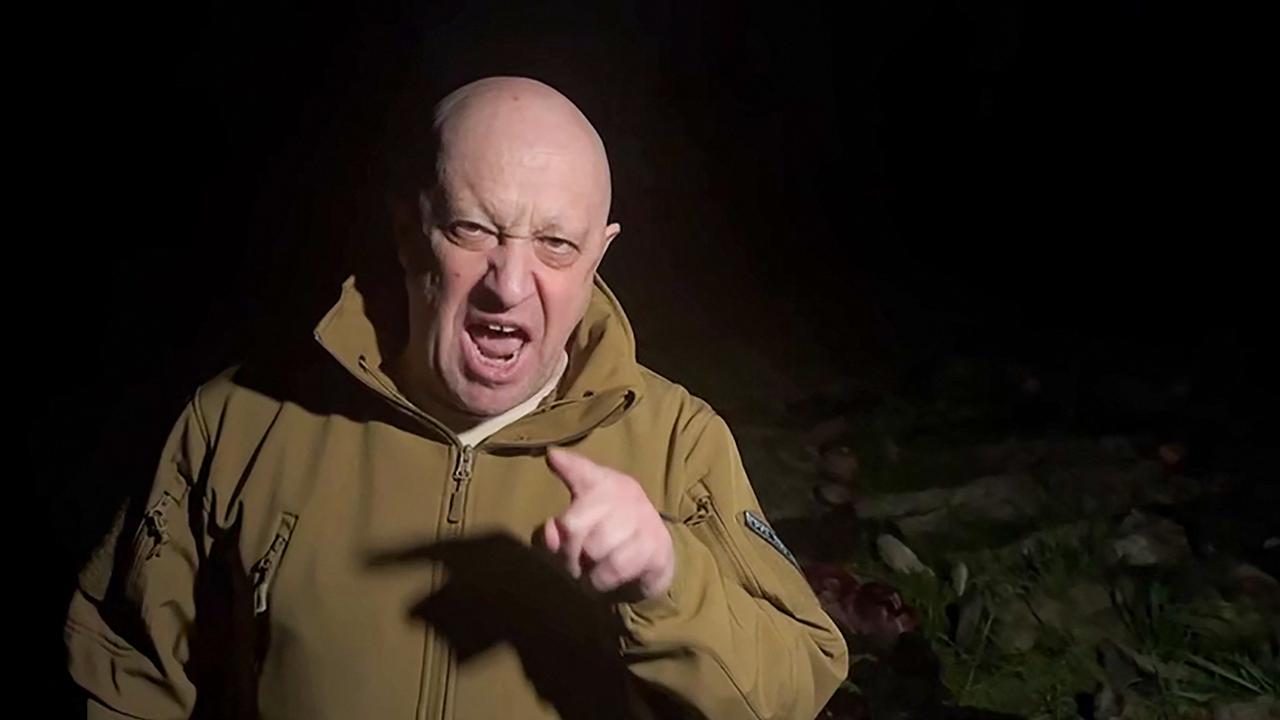
Yevgeny Prigozhin, the former leader of Russia’s Wagner mercenaries has left the lion’s share of his wealth to his 25-year-old son, with analysts now fearing he will make a push to retake control of his late father’s organisation.
Prigozhin became one of Russia’s most powerful men after building up one of the nation’s most feared guns for hire organisations, before eventually meeting his grisly demise in an aircraft explosion earlier this year.
The private jet crash suspiciously came a month after he led a mutiny against the Russian military, which was seen as a direct challenge to President Vladimir Putin.
Now, a leaked photograph shared by The Times of what appears to be his will indicates that his son Pavel is the sole inheritor of his properties and the private militia known as the Wagner Group.
The document specifies that Pavel Evgenyevich Prigozhin inherits all of his father’s property, including future acquisitions.
If Pavel were to pass away, the inheritance would be divided among Prigozhin’s widow, Lyubov, Pavel’s two sisters, and Prigozhin’s presumed grandson.
While the existence of the grandson has not been independently confirmed, the document suggests he is Pavel‘s child.
Pavel Prigozhin has publicly accepted the inheritance and its terms, which include providing for the family, including his grandmother Violetta.
The will suggests that Pavel stands to inherit approximately £100 million (A$164 million) including such assets as a three-storey house in St. Petersburg, the Wagner Group, joint stock companies, and shares in Concord, a catering firm, and its subsidiaries.
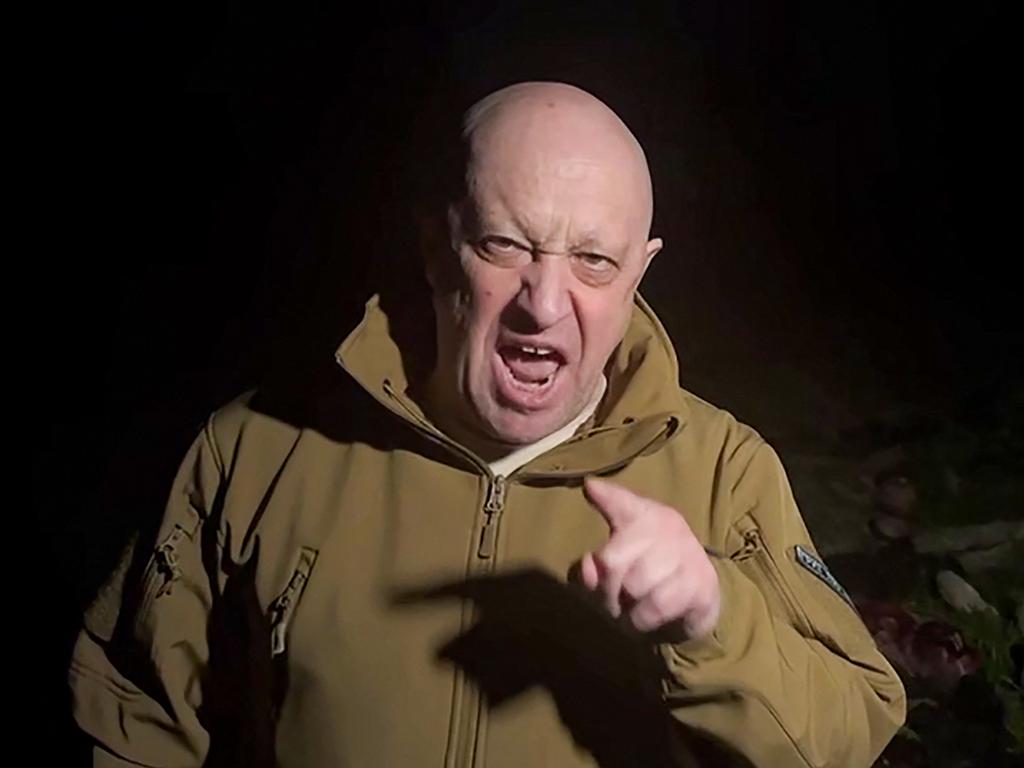
There is also speculation that Pavel may seek to recover debts of £680 million (A$1.1 billion) owed to Concord by the Russian defence ministry.
The exact figure on Prigozhin’s official wealth has been estimated at 14.6 billion roubles (A$222 million). However Alexei Navalny’s Anti-Corruption Foundation claims it could be closer to two trillion roubles (A$31 billion).
Analysts at the US Think Tank the Institute for the Study of War have claimed Pavel may seek to take control of the mercenary group, which is currently being led by Wagner commander Andrey Troshev, who recently broke bread with Putin.
“Some Wagner personnel are interested in rallying around a Prigozhin-linked alternative to the Kremlin and MoD-aligned Troshev”, the ISW said in a statement.
“It is unclear what the Kremlin thinks the relationship between Wagner elements and the Russian government are.
“Putin’s public embrace of Troshev and subordinating Wagner elements to the Russian MoD noteworthy.
“The Ministry of Defence would have to provide the equipment and supplies for a large, reconstituted force under Rosgvardia in any case, since Rosgvardia does not have the logistical infrastructure to do so on its own.”
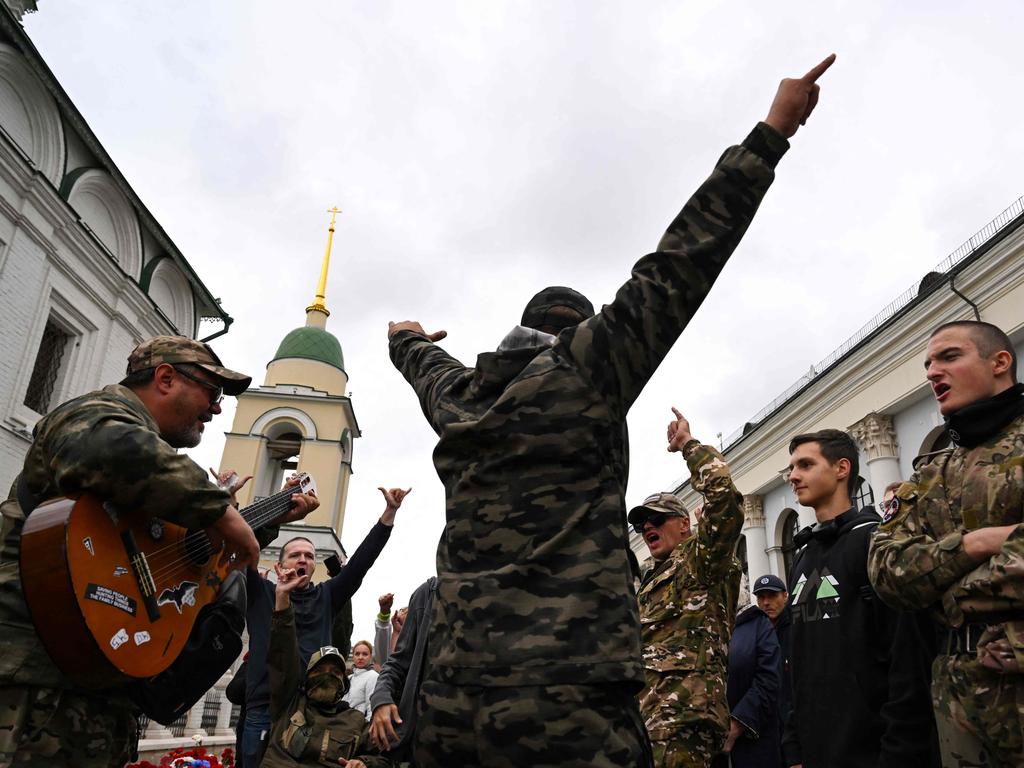
Prigozhin also owned additional assets, such as a Hawker private jet and a £5.2 million (A$8.5 million) superyacht.
Pavel Prigozhin has faced sanctions from multiple countries, including the US, Canada, and the UK, with allegations of controlling various companies and luxury real estate complexes in St. Petersburg.
There are suggestions that the will is being contested, according to a Russian security services-linked Telegram channel, which claims that conflicts over the inheritance have arisen within the Prigozhin family.
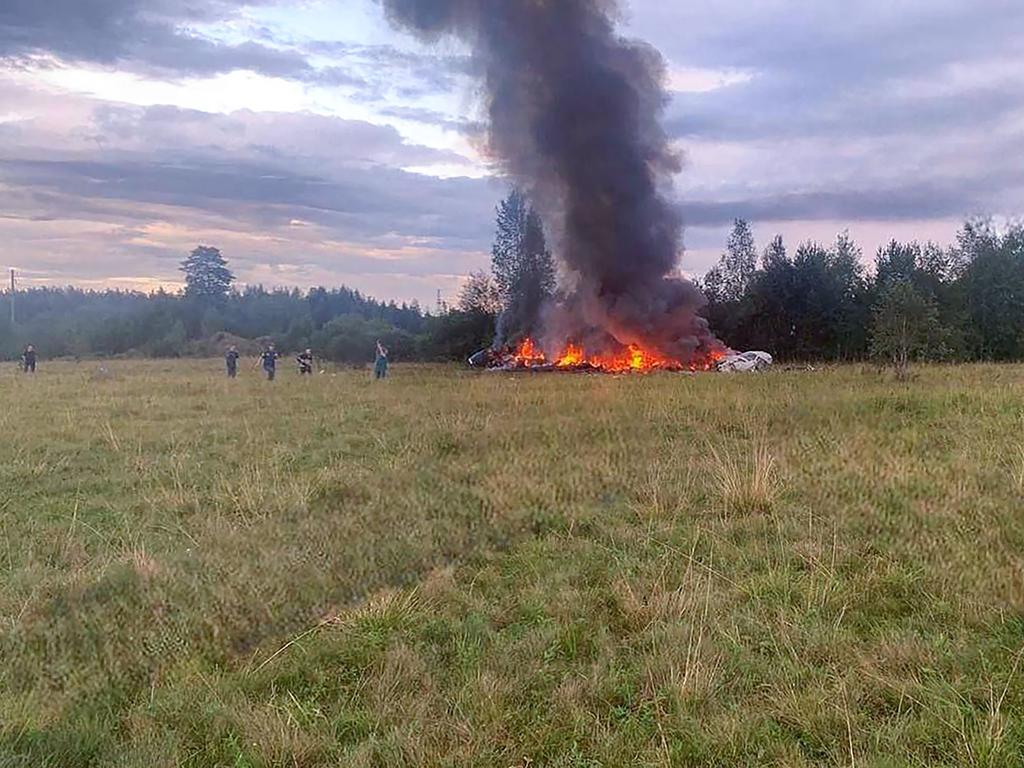
After the infamous Wagner mutiny, Putin accused Prigozhin of treason, but following the crash, the Russian president said that he had known Prigozhin since the early 1990s, describing him as a man who made mistakes but “achieved results”.
Putin’s comments did little to stem mounting questions over Prigozhin’s death, with makeshift shrines to the Wagner chief springing up across Russian cities.
The Kremlin said earlier on Tuesday that Putin would not attend Prigozhin’s funeral.
“The president’s presence is not envisaged,” Kremlin spokesman Dmitry Peskov told reporters.
The Wagner outfit had taken a prime role in Putin’s offensive in Ukraine, taking on the most dangerous frontline work, as the regular army appeared to falter, while sustaining what Western sources have described as huge losses.


